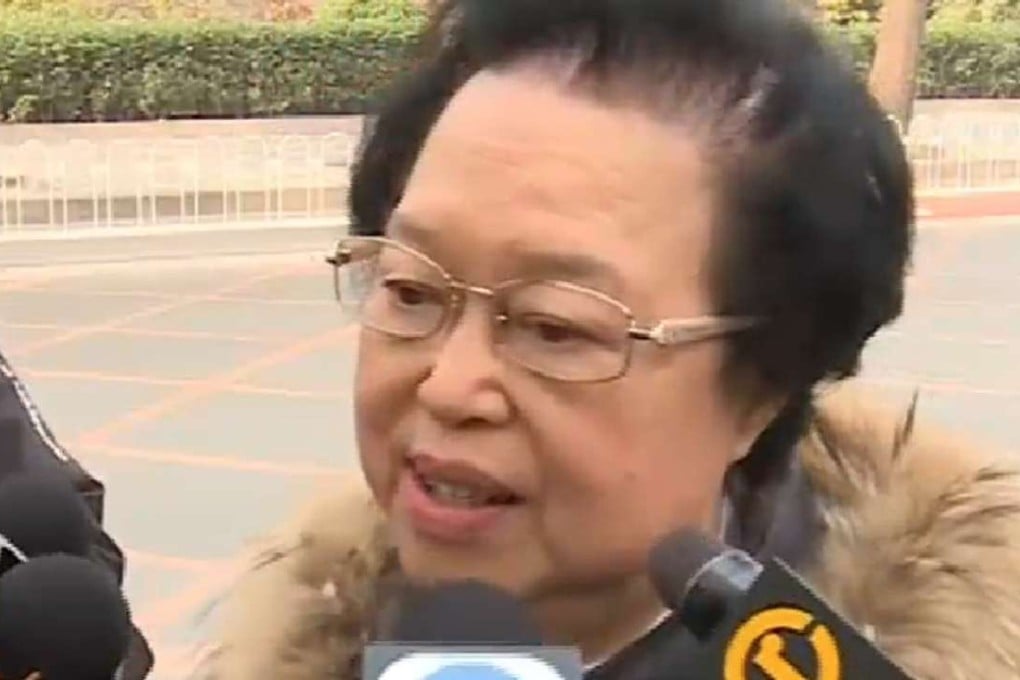Advertisement
Beijing confirms it will interpret Basic Law over Hong Kong legislative oath controversy
Decision prompts anger from localist and pan-democrat camps, while lawyers plan a ‘silent march’ of protest on Tuesday
Reading Time:3 minutes
Why you can trust SCMP

Beijing will step into an oath-taking controversy and rule in the row involving two pro-independence lawmakers that has landed in a Hong Kong court, a Basic Law Committee member has confirmed after several days of speculation.
Maria Tam Wai-chu told the media on Friday the leadership of the National People’s Congress would move to seek an interpretation of Article 104 of the Basic Law, the city’s mini-constitution, which says lawmakers must swear allegiance to Hong Kong as an inalienable part of the People’s Republic of China.
Advertisement
Several Beijing-friendly politicians expect the ruling to cover other allegiance-related issues that have emerged from pro-independence thinking.
The decision brought a furious response from the pan-democratic and localist camps, with the legal sector planning a “silent march” on Tuesday, the day after the interpretation is set to be endorsed by the NPC Standing Committee.
Advertisement
Advertisement
Select Voice
Select Speed
1.00x